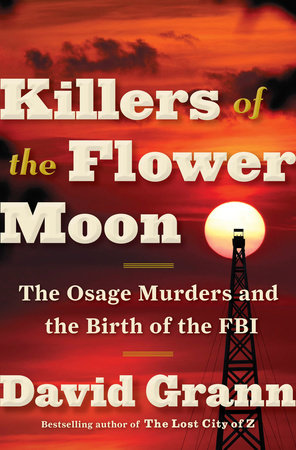AmateisGal
I'll Lock Up
- Messages
- 6,126
- Location
- Nebraska
Hoping my fellow Loungers can help me here.
I'm looking to read some novels where the main character is an FBI agent or the FBI plays a crucial role in the plot, and it's set during the late '30s and the 1940s. Anyone have any suggestions?
I'm looking to read some novels where the main character is an FBI agent or the FBI plays a crucial role in the plot, and it's set during the late '30s and the 1940s. Anyone have any suggestions?




